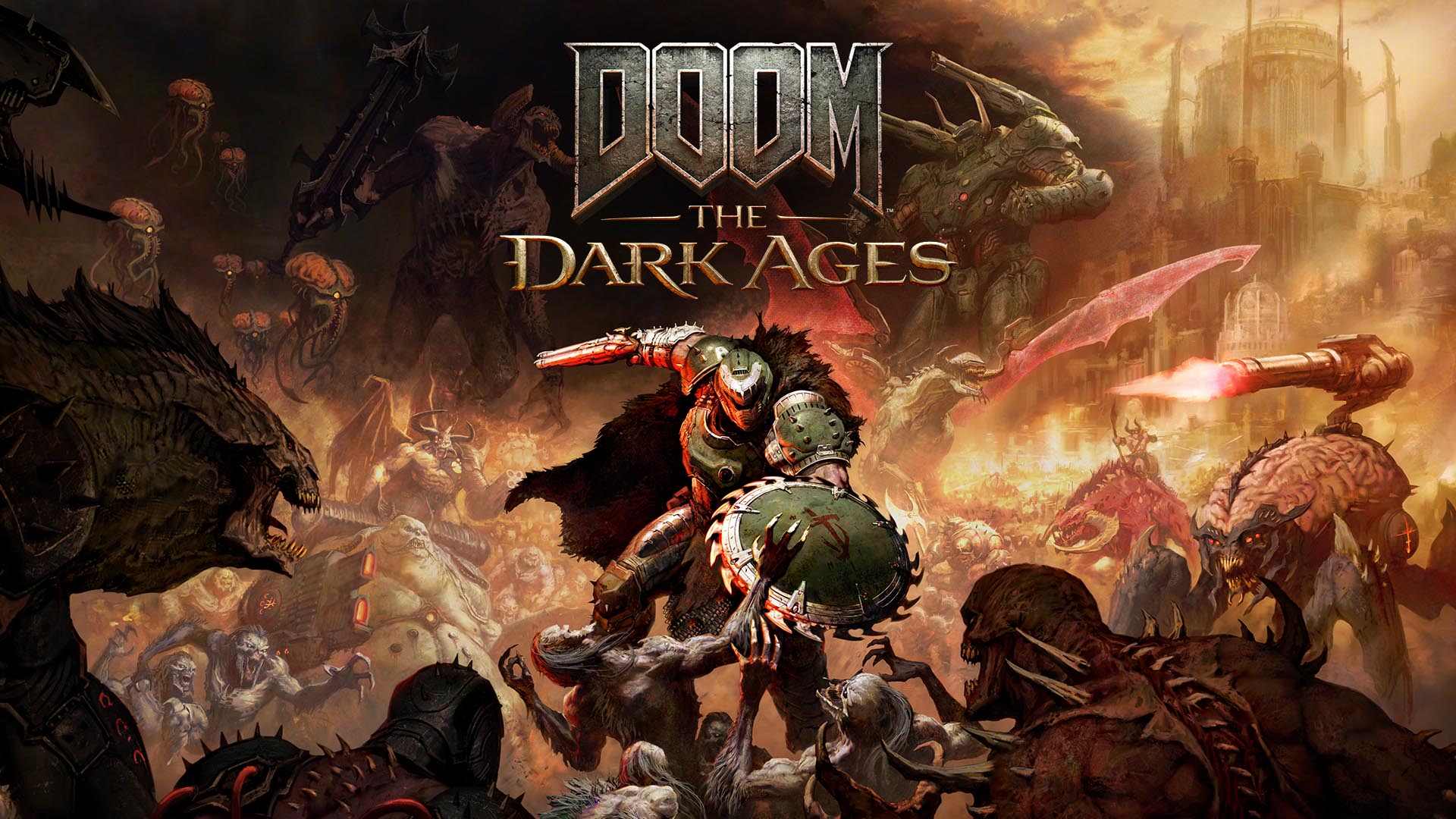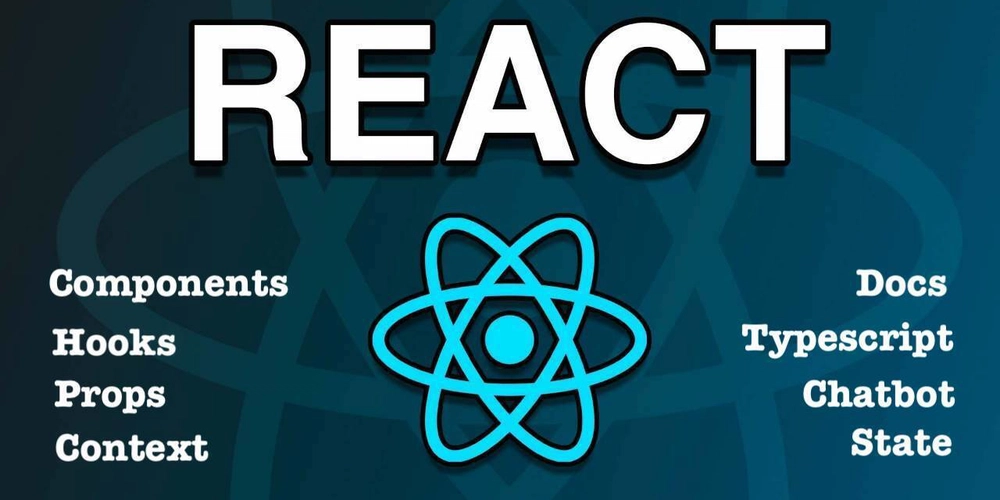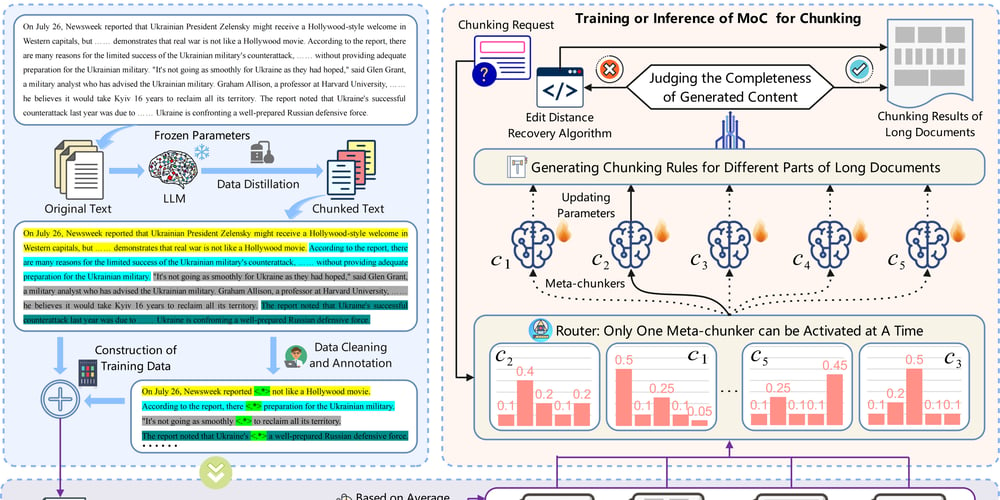Saving Lives with AI: The Next Frontier in Cancer Detection
Cancer detection has always been a challenging and time-sensitive process. The sooner a diagnosis is made, the higher the chances of successful treatment. However, traditional screening and diagnostic methods often rely on manual analysis, which can be time-consuming and prone to errors. This is where artificial intelligence (AI) is revolutionizing the landscape of cancer detection, offering faster, more accurate, and more efficient diagnoses. The Role of AI in Cancer Detection AI-powered cancer detection utilizes advanced machine learning algorithms, deep learning models, and computer vision techniques to analyze medical images, genetic data, and other health records. AI systems are trained on vast datasets to recognize patterns that may indicate cancerous cells, allowing for early and precise detection. For example, AI-driven tools like convolutional neural networks (CNNs) can analyze mammograms for early breast cancer detection with accuracy comparable to experienced radiologists. Similarly, AI models are being used to detect lung cancer in CT scans, melanoma in dermatology images, and even colorectal cancer through endoscopic analysis. Advantages of AI in Cancer Diagnosis Early Detection: AI can identify cancerous lesions in their earliest stages, often before symptoms appear, leading to timely interventions. Higher Accuracy: AI reduces human error by identifying minute details that may be overlooked by radiologists and pathologists. Speed & Efficiency: Automated AI analysis accelerates diagnosis, allowing doctors to focus more on treatment planning. Cost-Effective: By reducing the need for multiple tests and follow-ups, AI-powered detection minimizes healthcare costs. Personalized Treatment: AI can analyze genetic and clinical data to help tailor treatments specific to an individual’s cancer type and progression. Real-World Applications and Future Potential Several AI-powered tools are already being integrated into healthcare systems worldwide. Companies like Google Health and IBM Watson are developing AI models to assist radiologists in diagnosing cancer with high precision. AI is also helping pathologists analyze biopsy samples at a faster rate. Looking ahead, the future of AI in cancer detection includes continuous learning models that improve with time, integration with wearable devices for real-time monitoring, and AI-assisted robotic surgeries for precision treatment. Challenges and Ethical Considerations Despite its advantages, AI in cancer detection is not without challenges. The need for high-quality data, regulatory approvals, and the risk of algorithmic biases must be addressed. Additionally, AI should complement human expertise rather than replace it, ensuring that clinical decisions remain in the hands of experienced medical professionals. Conclusion AI-powered cancer detection is transforming the future of medicine by making diagnosis faster, more accurate, and accessible. As AI technology continues to evolve, it holds the potential to save millions of lives through early detection and precision medicine, ultimately reshaping how cancer is diagnosed and treated worldwide.
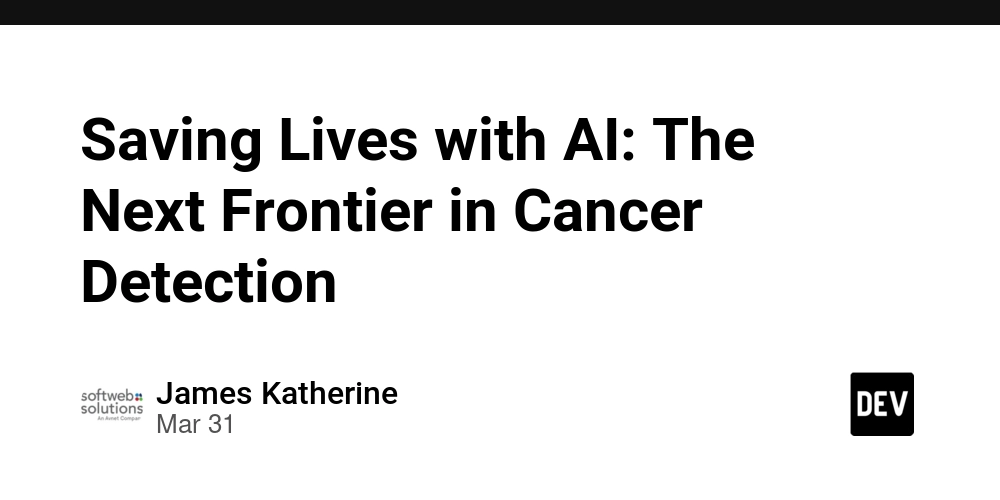
Cancer detection has always been a challenging and time-sensitive process. The sooner a diagnosis is made, the higher the chances of successful treatment. However, traditional screening and diagnostic methods often rely on manual analysis, which can be time-consuming and prone to errors. This is where artificial intelligence (AI) is revolutionizing the landscape of cancer detection, offering faster, more accurate, and more efficient diagnoses.
The Role of AI in Cancer Detection
AI-powered cancer detection utilizes advanced machine learning algorithms, deep learning models, and computer vision techniques to analyze medical images, genetic data, and other health records. AI systems are trained on vast datasets to recognize patterns that may indicate cancerous cells, allowing for early and precise detection.
For example, AI-driven tools like convolutional neural networks (CNNs) can analyze mammograms for early breast cancer detection with accuracy comparable to experienced radiologists. Similarly, AI models are being used to detect lung cancer in CT scans, melanoma in dermatology images, and even colorectal cancer through endoscopic analysis.
Advantages of AI in Cancer Diagnosis
Early Detection: AI can identify cancerous lesions in their earliest stages, often before symptoms appear, leading to timely interventions.
Higher Accuracy: AI reduces human error by identifying minute details that may be overlooked by radiologists and pathologists.
Speed & Efficiency: Automated AI analysis accelerates diagnosis, allowing doctors to focus more on treatment planning.
Cost-Effective: By reducing the need for multiple tests and follow-ups, AI-powered detection minimizes healthcare costs.
Personalized Treatment: AI can analyze genetic and clinical data to help tailor treatments specific to an individual’s cancer type and progression.
Real-World Applications and Future Potential
Several AI-powered tools are already being integrated into healthcare systems worldwide. Companies like Google Health and IBM Watson are developing AI models to assist radiologists in diagnosing cancer with high precision. AI is also helping pathologists analyze biopsy samples at a faster rate.
Looking ahead, the future of AI in cancer detection includes continuous learning models that improve with time, integration with wearable devices for real-time monitoring, and AI-assisted robotic surgeries for precision treatment.
Challenges and Ethical Considerations
Despite its advantages, AI in cancer detection is not without challenges. The need for high-quality data, regulatory approvals, and the risk of algorithmic biases must be addressed. Additionally, AI should complement human expertise rather than replace it, ensuring that clinical decisions remain in the hands of experienced medical professionals.
Conclusion
AI-powered cancer detection is transforming the future of medicine by making diagnosis faster, more accurate, and accessible. As AI technology continues to evolve, it holds the potential to save millions of lives through early detection and precision medicine, ultimately reshaping how cancer is diagnosed and treated worldwide.





























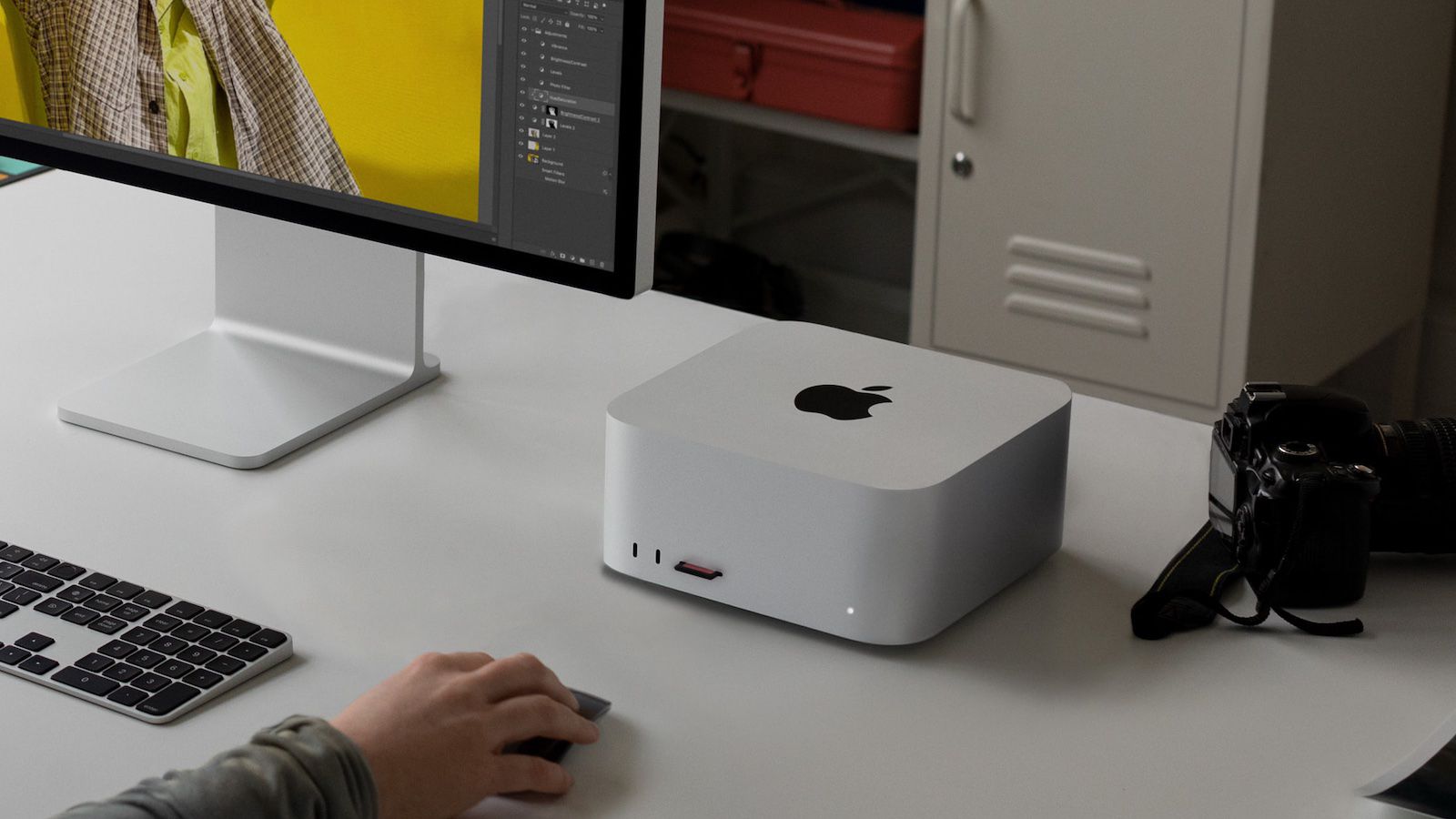














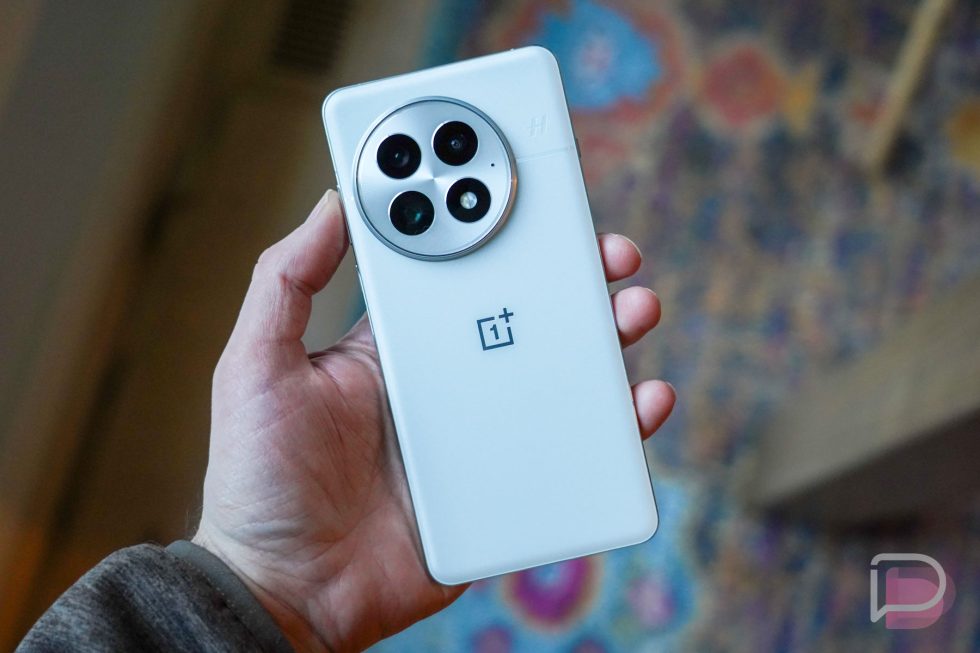



















![Nomad Goods Launches 15% Sitewide Sale for 48 Hours Only [Deal]](https://www.iclarified.com/images/news/96899/96899/96899-640.jpg)


![Apple Watch Series 10 Prototype with Mystery Sensor Surfaces [Images]](https://www.iclarified.com/images/news/96892/96892/96892-640.jpg)

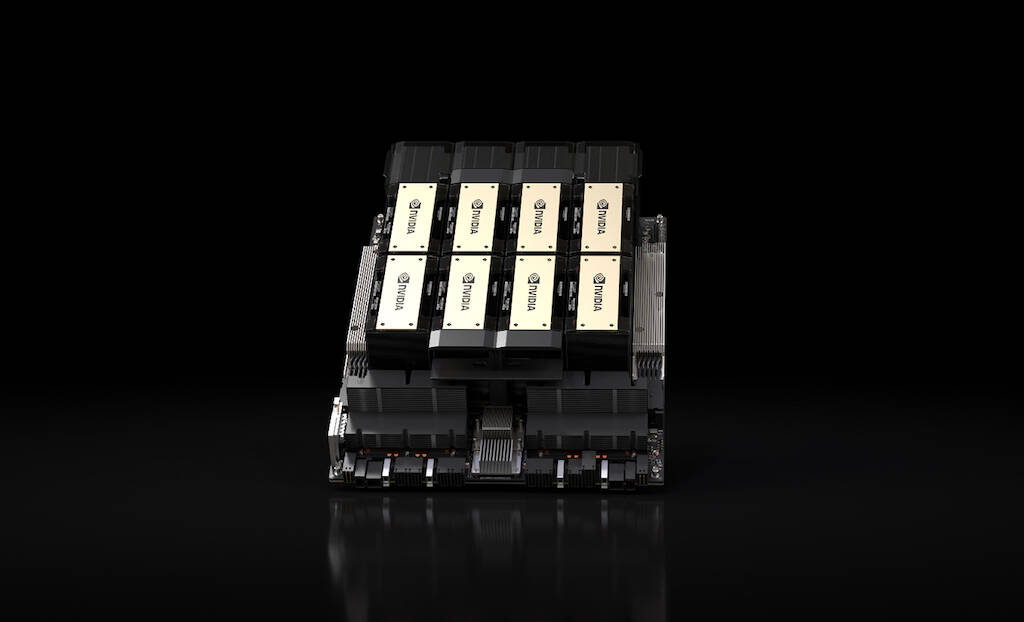
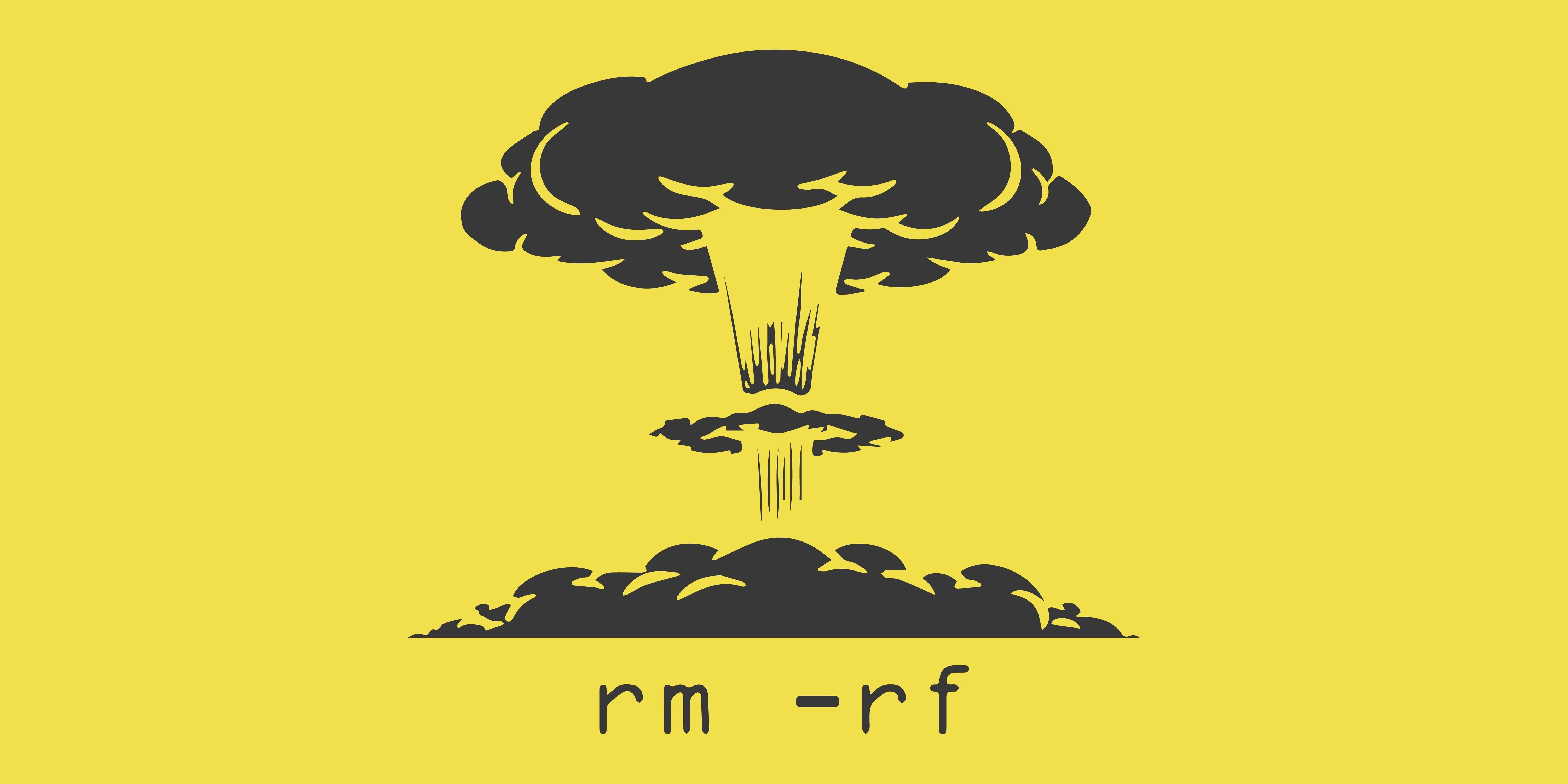

























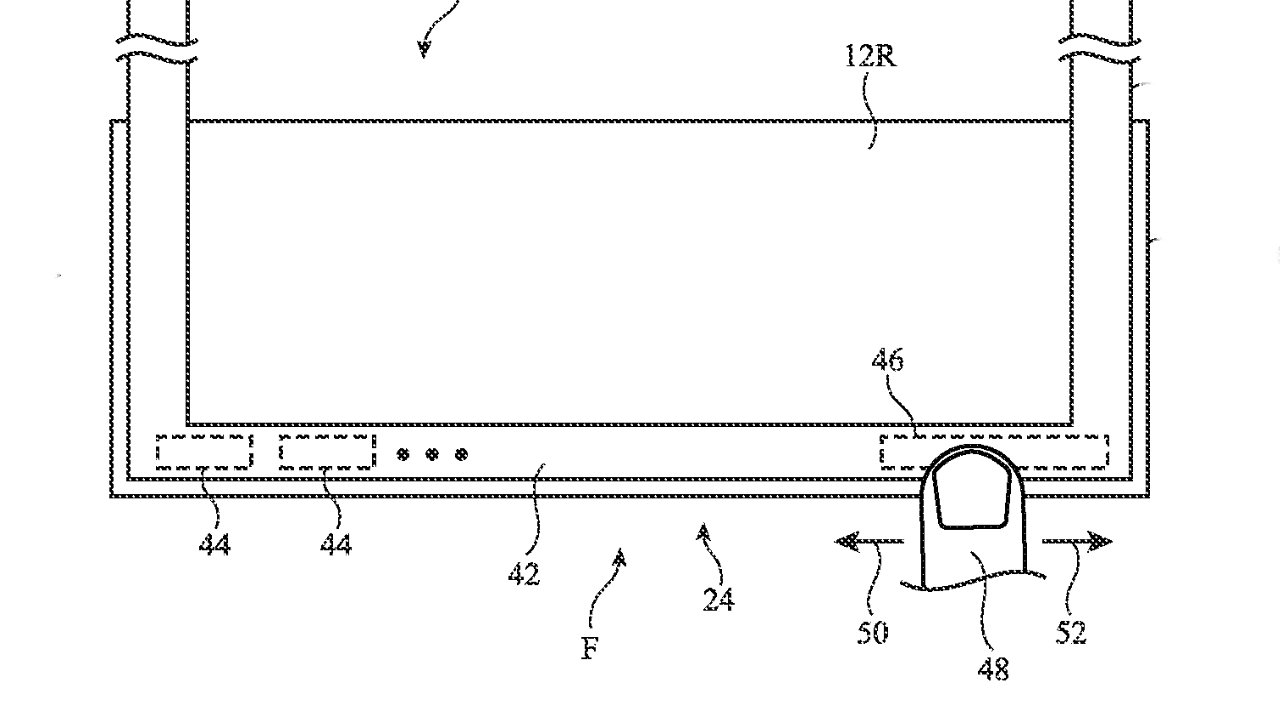
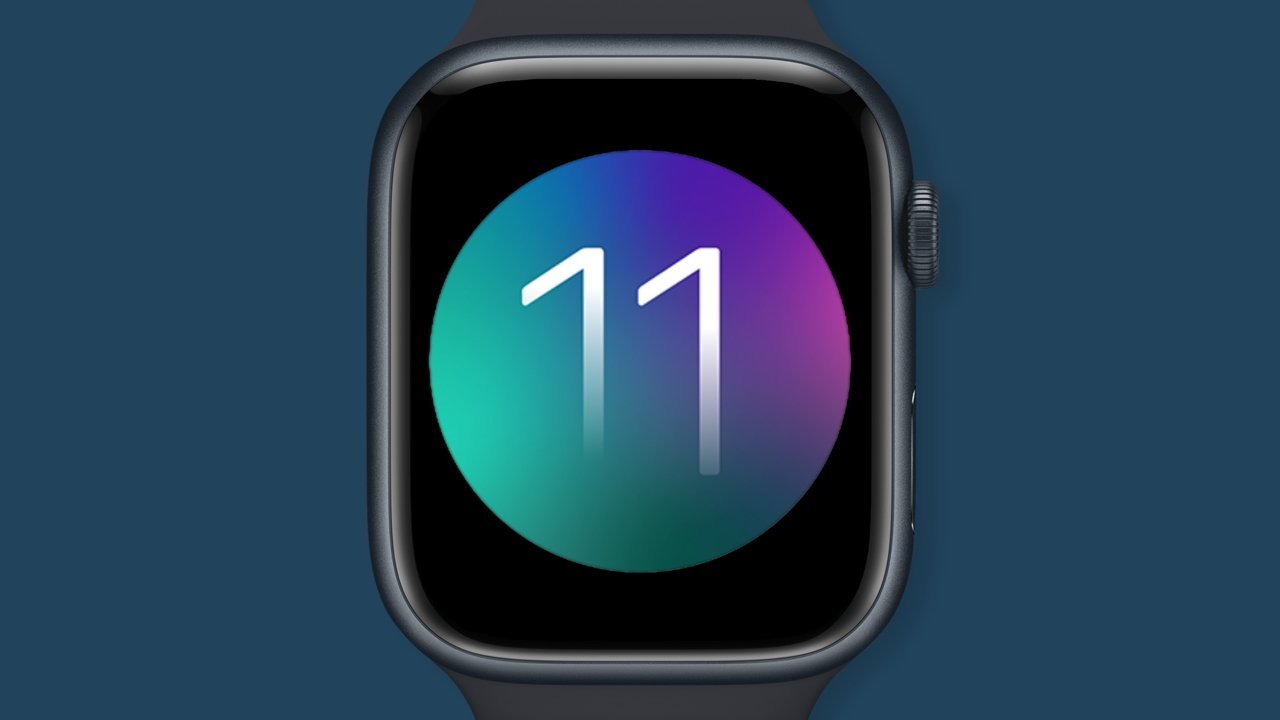



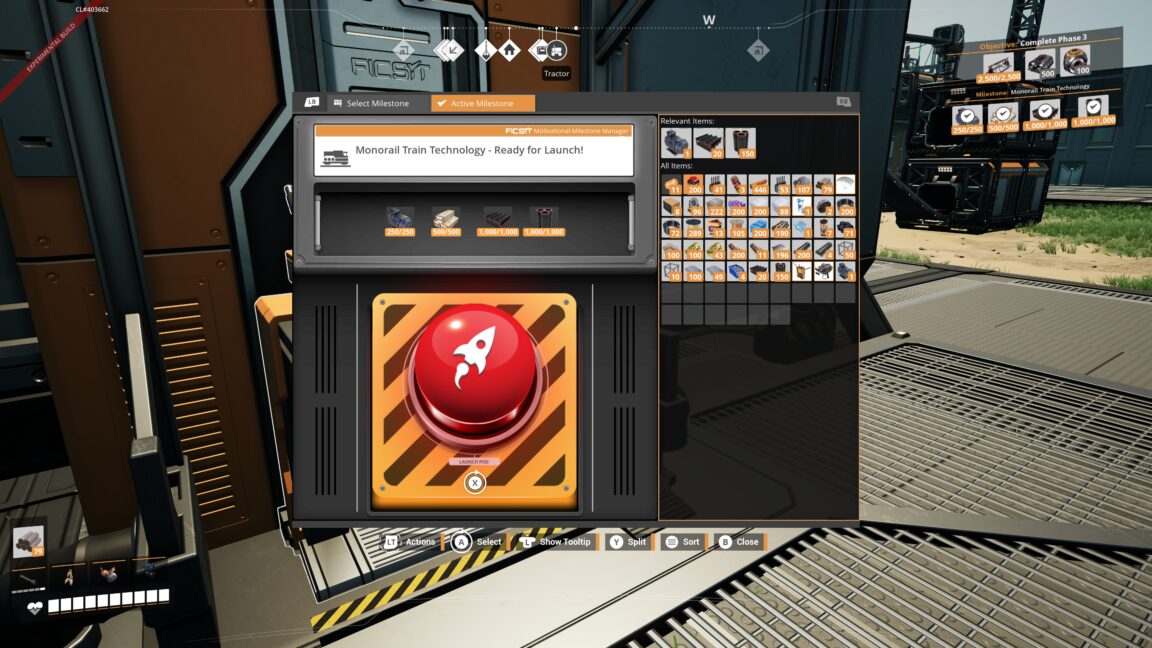





















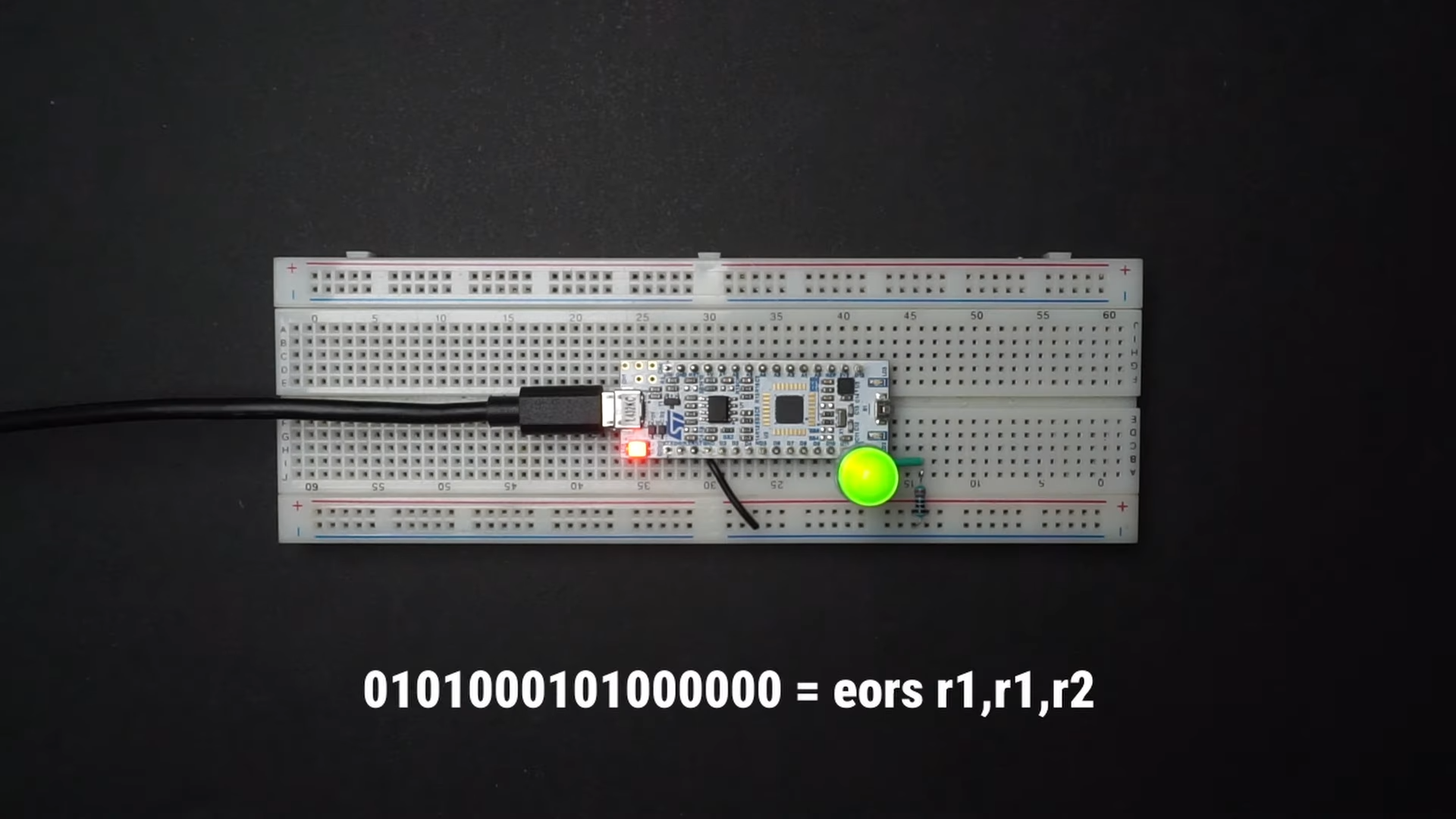






























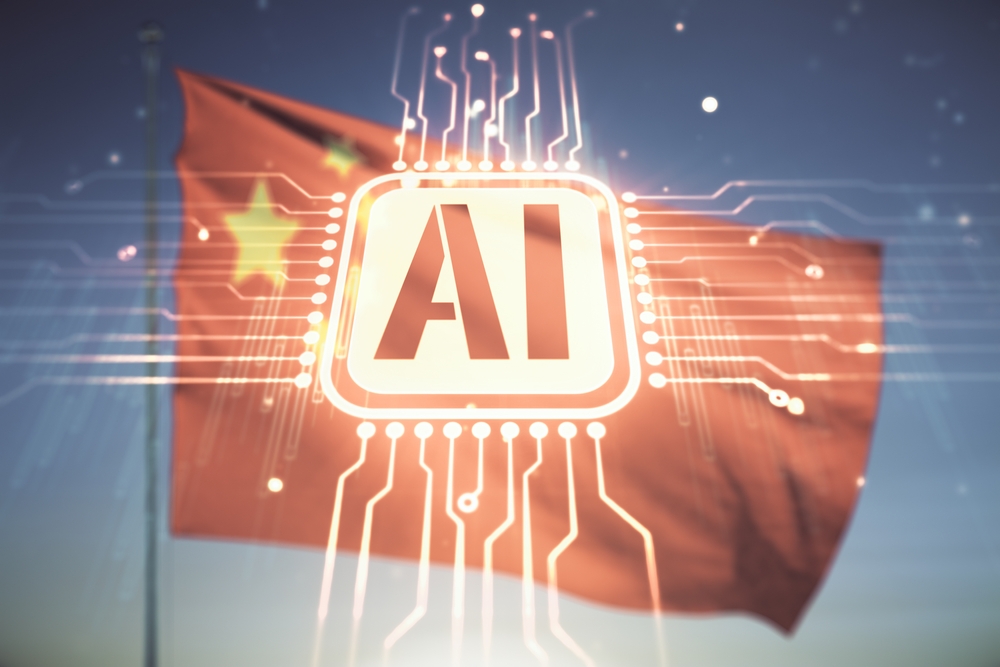




















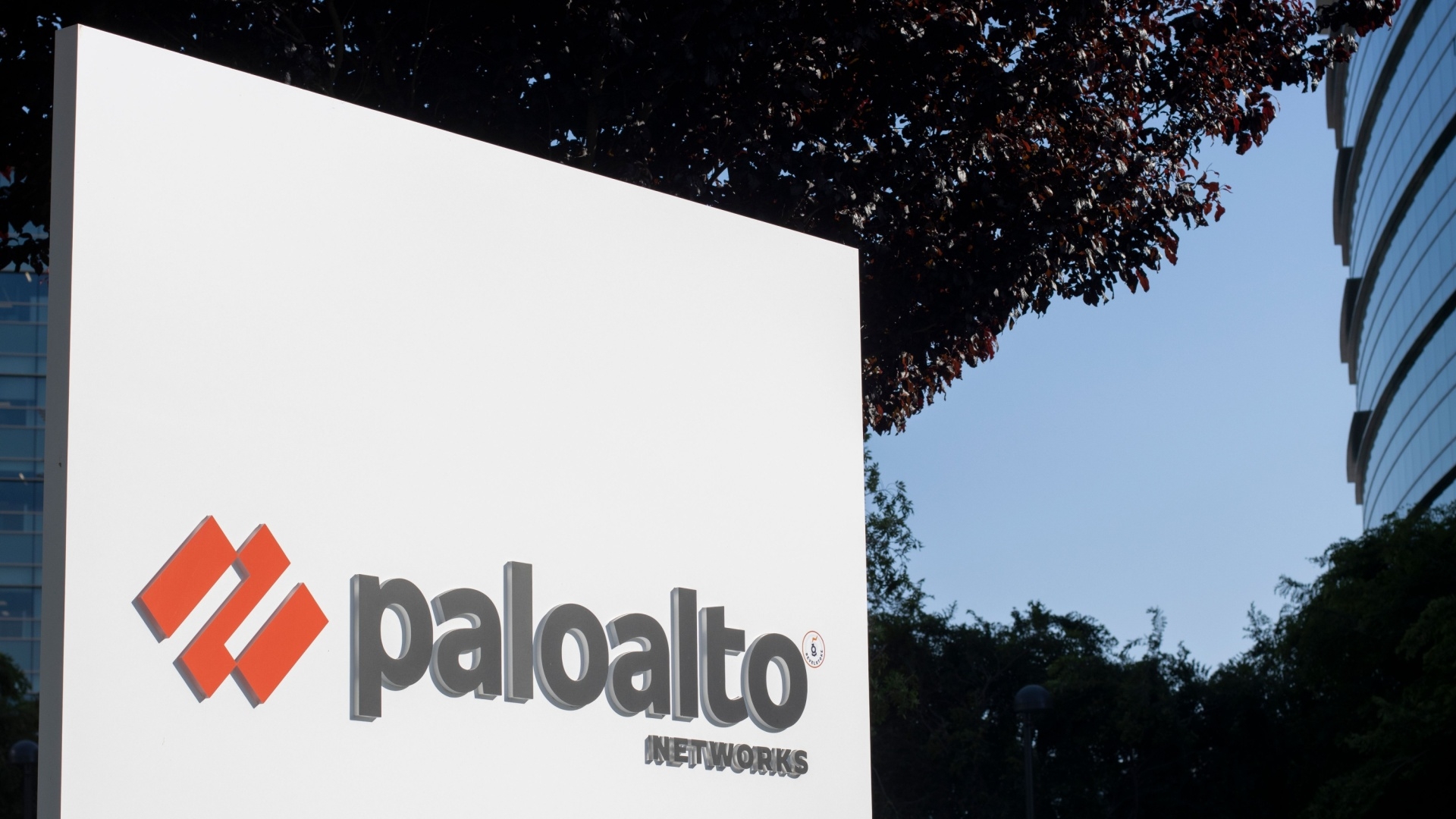




































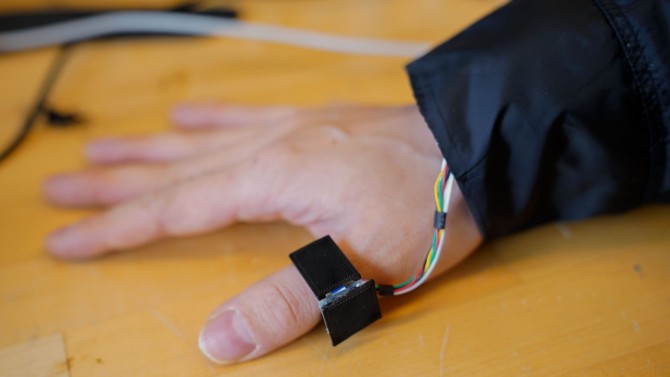






































![[The AI Show Episode 142]: ChatGPT’s New Image Generator, Studio Ghibli Craze and Backlash, Gemini 2.5, OpenAI Academy, 4o Updates, Vibe Marketing & xAI Acquires X](https://www.marketingaiinstitute.com/hubfs/ep%20142%20cover.png)






















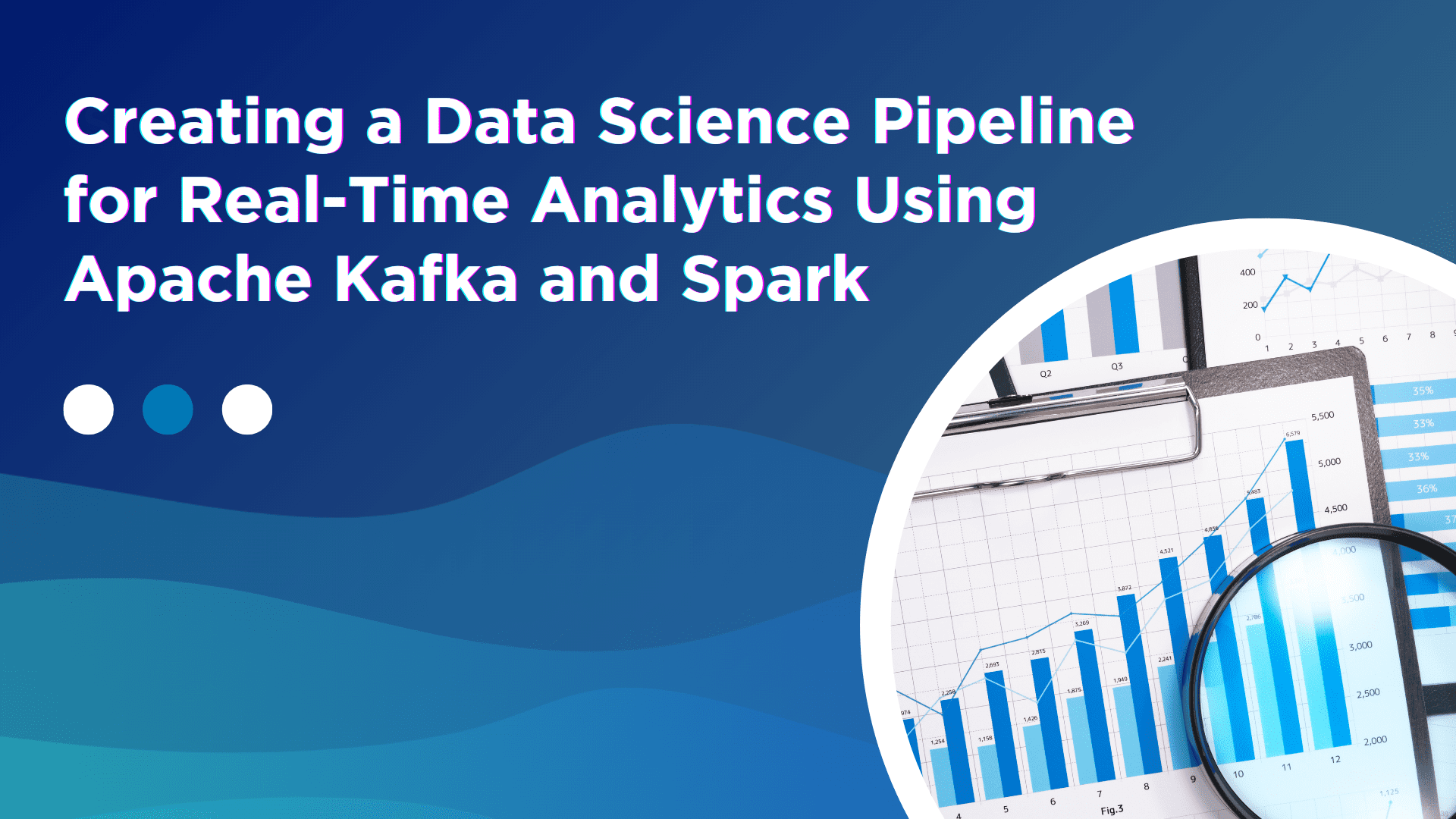


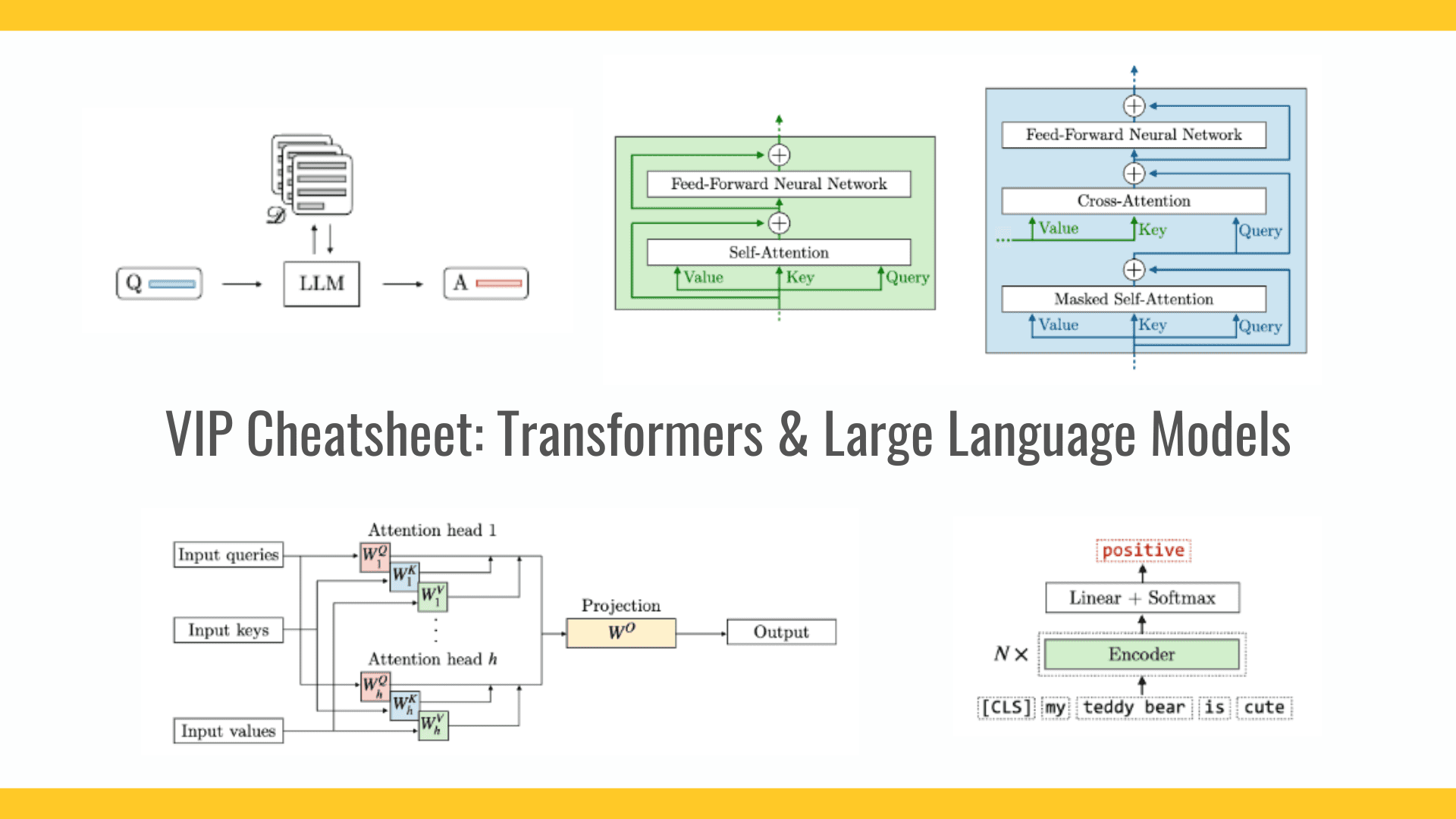











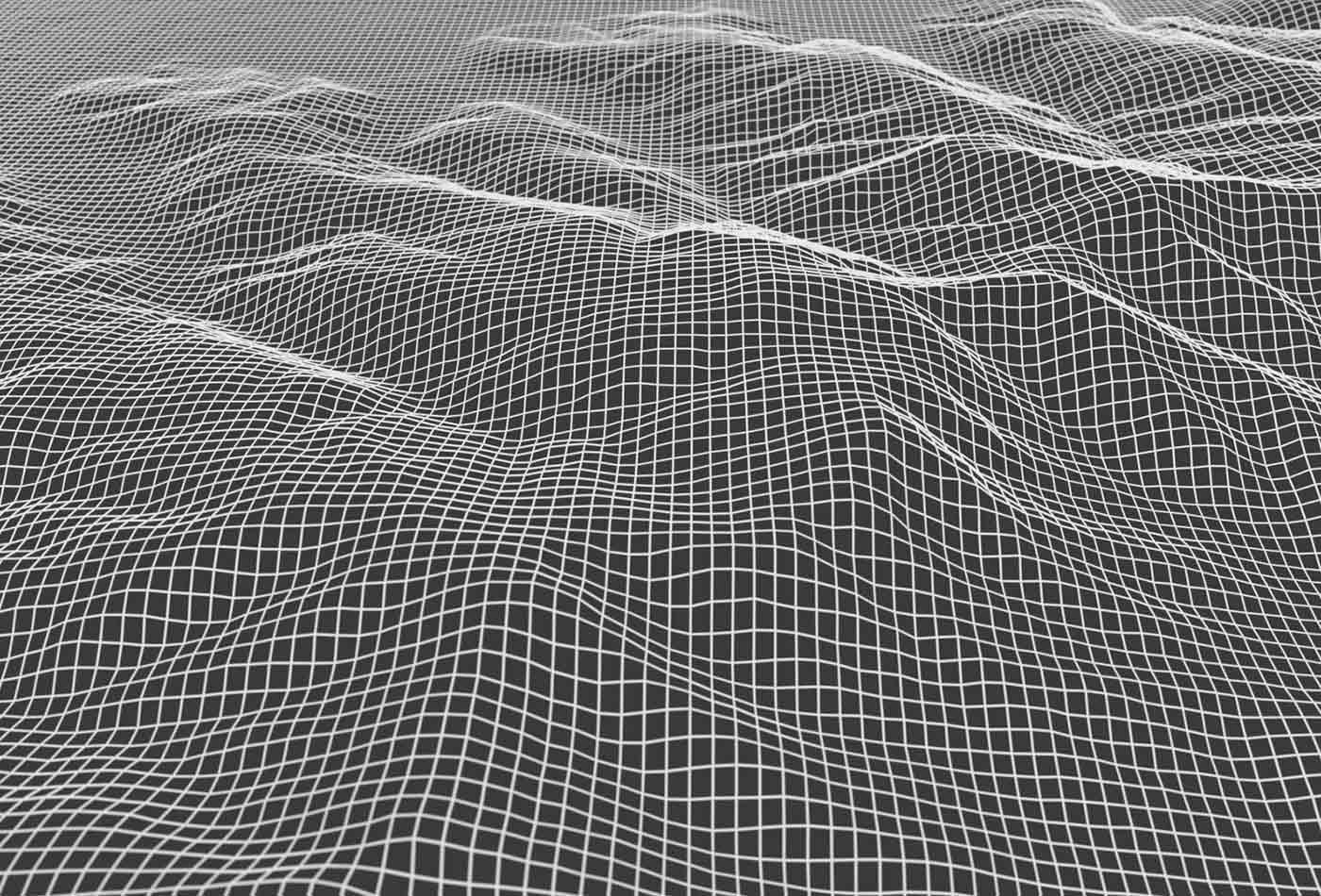


















































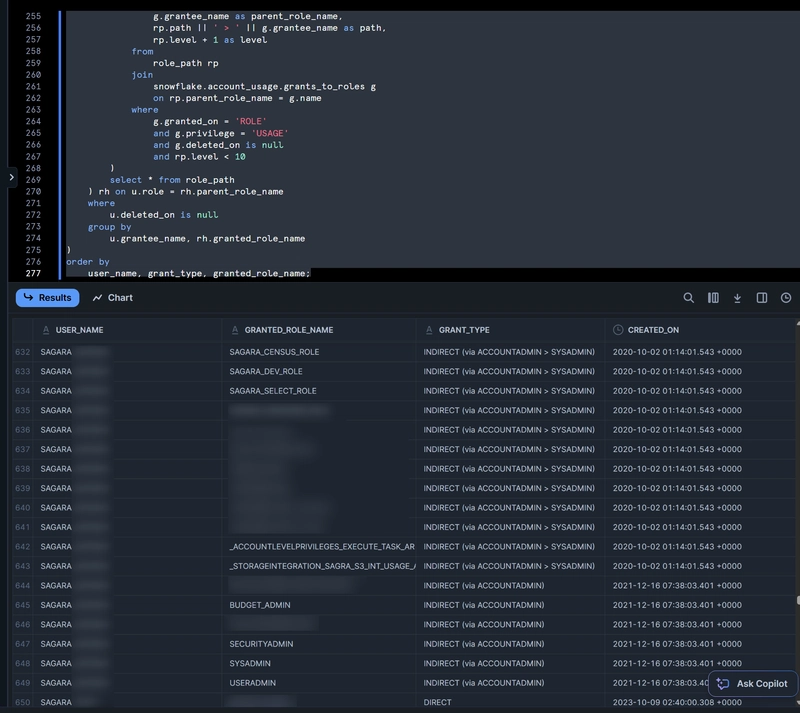



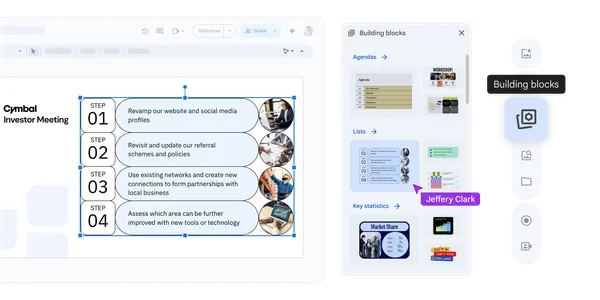
















![Is this a suitable approach to architect a flutter app? [closed]](https://i.sstatic.net/4hMHGb1L.png)


















![From broke musician to working dev. How college drop-out Ryan Furrer taught himself to code [Podcast #166]](https://cdn.hashnode.com/res/hashnode/image/upload/v1743189826063/2080cde4-6fc0-46fb-b98d-b3d59841e8c4.png?#)























































